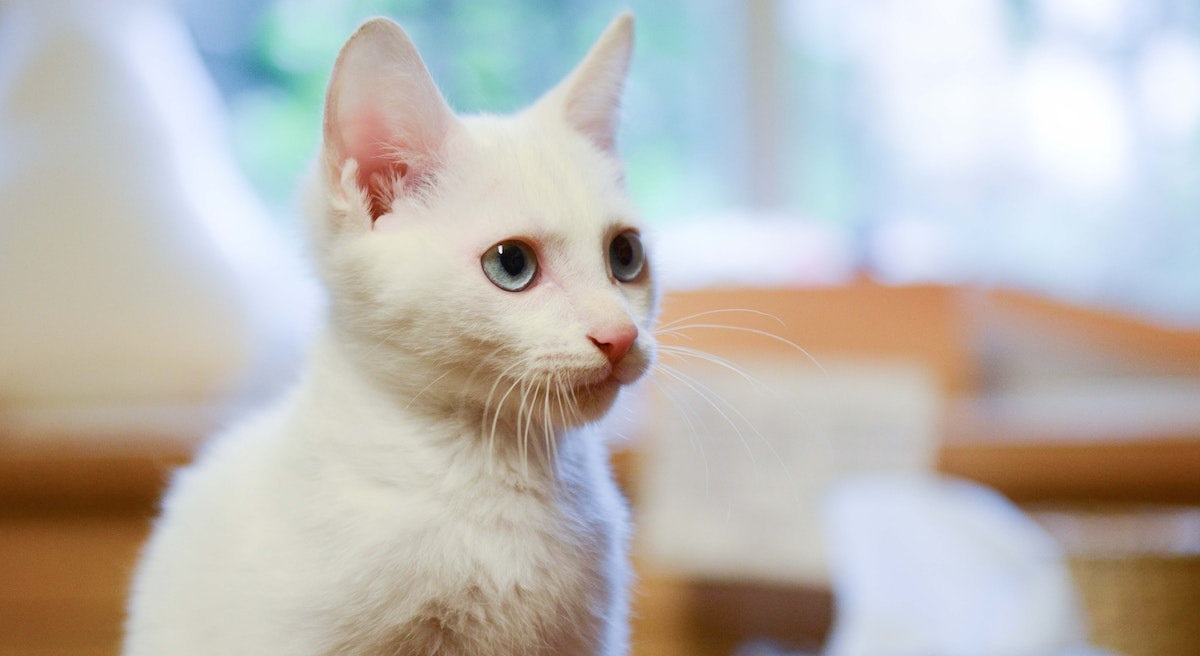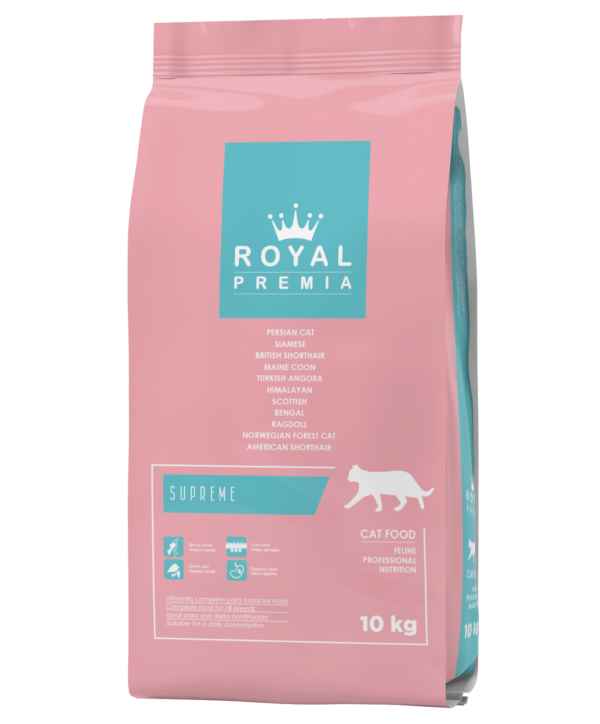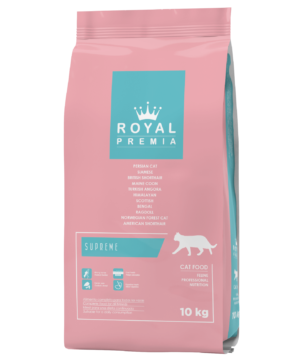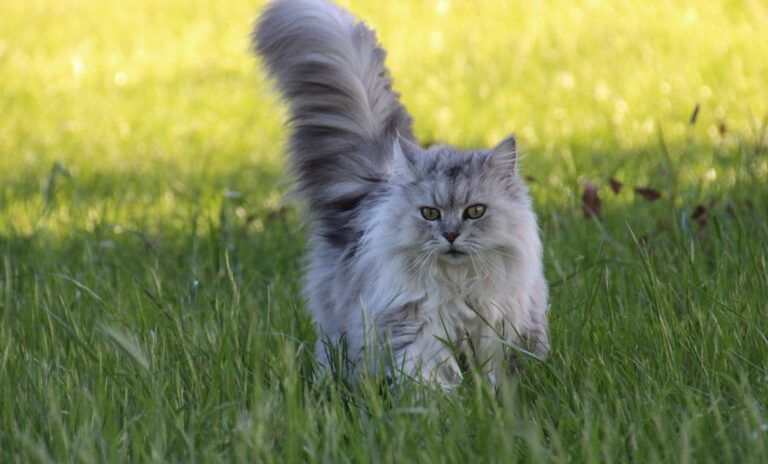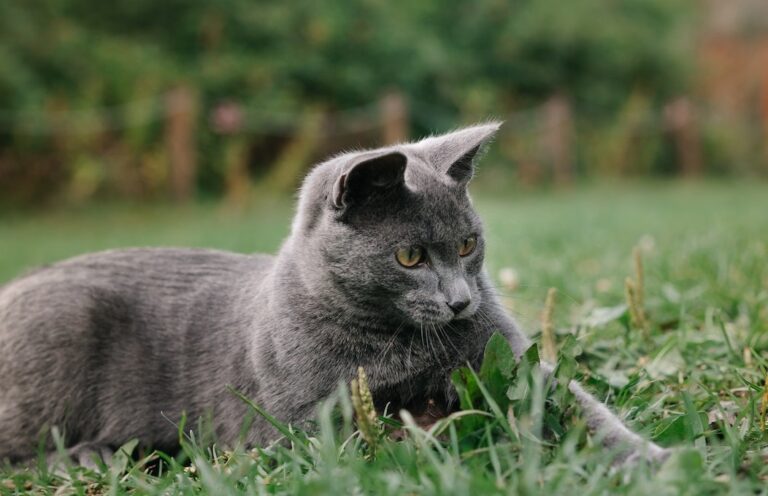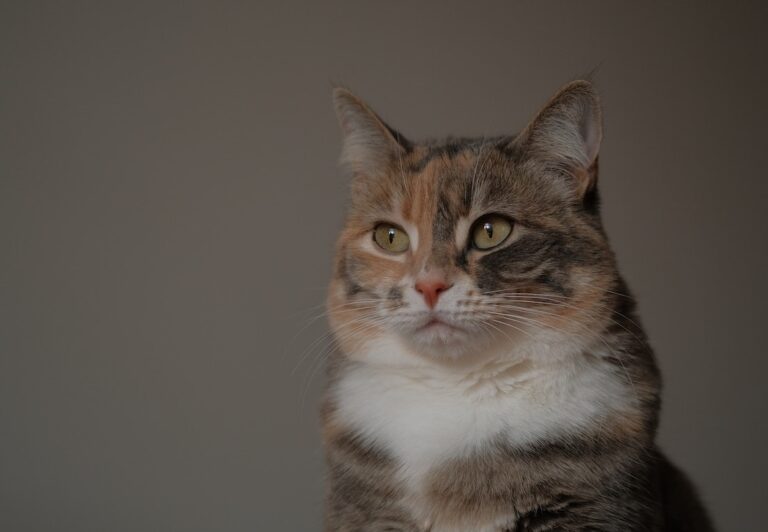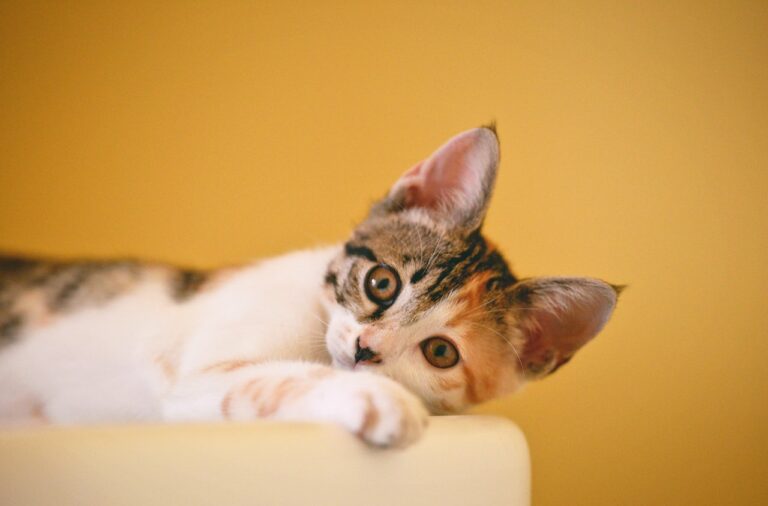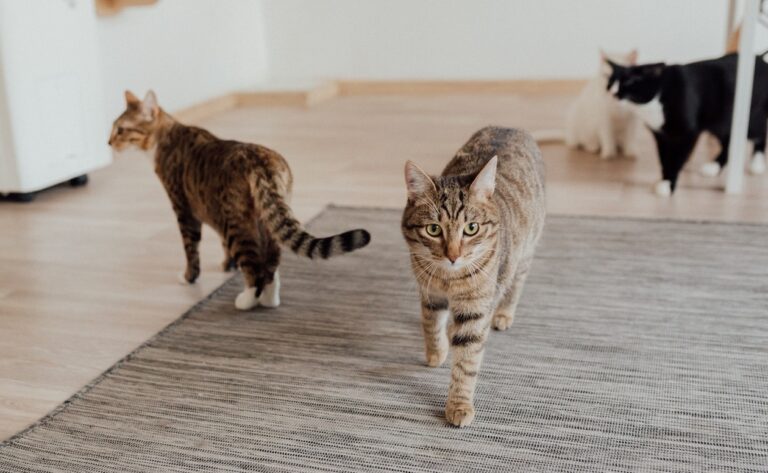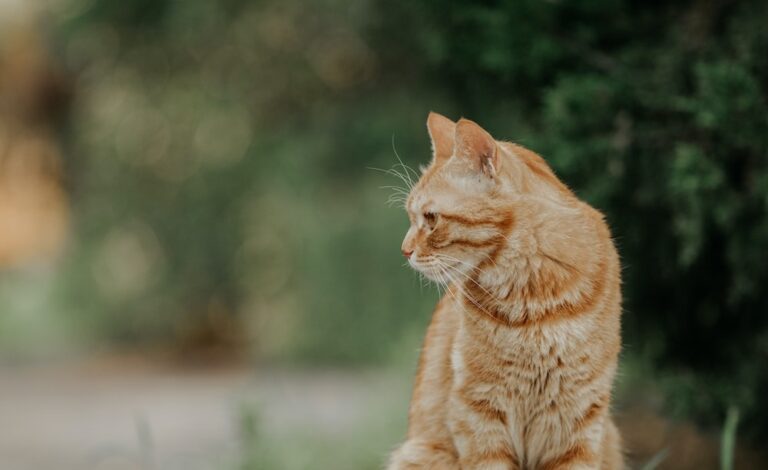Guide to Feeding Kittens and Cats
Feeding your kitten and cat is an essential part of being a responsible and caring pet owner. Proper nutrition ensures they stay healthy, happy, and full of energy. Here’s an easy guide on how to feed your feline friends.
Choose High-Quality Food
Look for cat food that is specially formulated for kittens or adult cats, depending on your pet’s age. Opt for reputable brands that have essential nutrients for feline health.
Feeding Schedule
Kittens require more frequent meals than adult cats. Feed kittens 3-4 times a day until they are around 6 months old. Adult cats can be fed 2 times a day. Establish a consistent feeding schedule to help them adjust to a routine.
Portion Control
Follow the feeding guidelines on the cat food packaging for recommended portion sizes. Avoid overfeeding, as obesity can lead to health issues in cats.
Water Always Available
Keep fresh, clean water available for your cat at all times. Hydration is crucial for their well-being.
Treats in Moderation
Treats can be a part of your cat’s diet, but offer them in moderation. Cat Treats should not exceed 10% of their daily calorie intake.
Gradual Food Changes
If you need to switch your cat’s food, do it gradually over a week to avoid upsetting their stomach.
Special Dietary Needs
If your cat has specific health conditions, consult your veterinarian to choose the right food to meet their dietary needs.
Clean Feeding Area
Keep their food and water bowls clean to prevent bacteria growth.
Feeding Enrichment
Consider using food puzzles or interactive feeders to engage your cat mentally and physically during mealtime.
Regular Vet Check-ups
Schedule regular visits to the veterinarian to monitor your cat’s weight and overall health. They can provide tailored feeding advice if necessary.
Avoid Free-Feeding
Free-feeding, where food is left out all day, may lead to overeating. Stick to scheduled meals to control their diet effectively.
Overall
Remember, each cat is unique, and individual dietary needs may vary. Observing your cat’s behavior and consulting your veterinarian will help you make the best decisions for their health and happiness.
By following these guidelines, you can ensure your furry friends get the nutrition they need to thrive and enjoy a long, healthy life.
Royal Premia Cat Food
-
Basic Adult Dry Cat Food 2kg and 10kg All Breeds
-
Supreme Dry Cat and Kitten Food 2kg and 10kg All Breeds
Frequently Asked Questions
What if my cat has food allergies?
If you suspect your cat has food allergies, consult your veterinarian. They may recommend an elimination diet to identify the allergens and then suggest an appropriate hypoallergenic diet.
Should I feed my cat wet or dry food?
Both wet and dry cat food can be suitable for your cat. Wet food provides additional hydration and may be preferred by some cats. Dry food can help maintain dental health. You can even offer a combination of both, depending on your cat’s preferences and needs.

